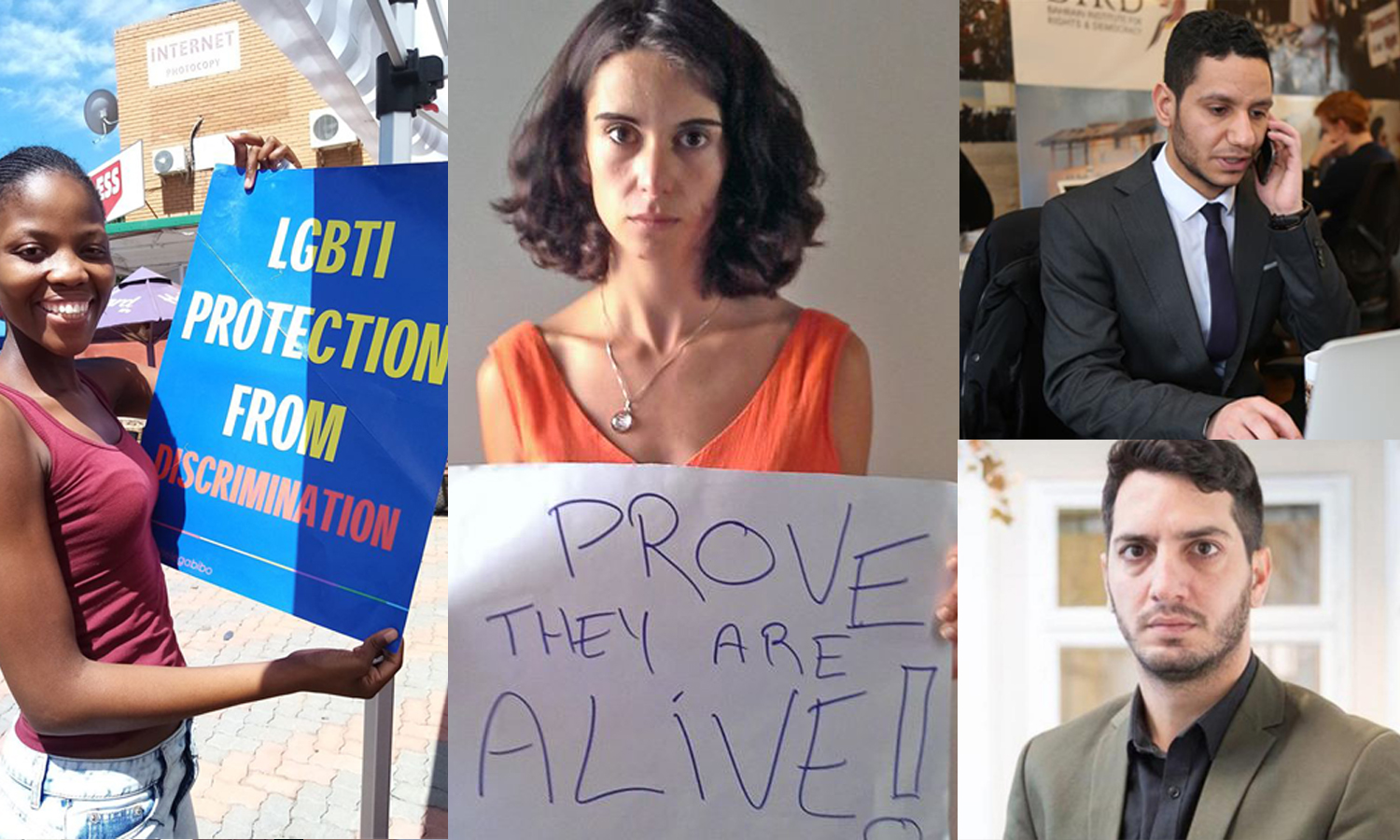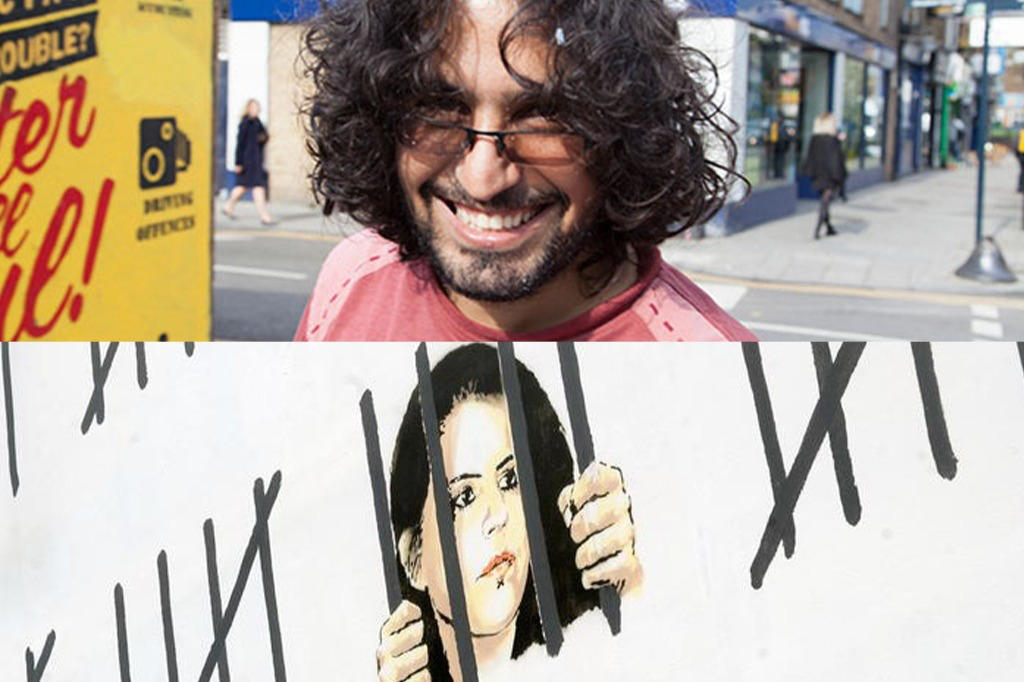INDEX POLICY PAPER
Is the EU heading in the right direction on digital freedom?
While in principle the EU supports freedom of expression, it has often put more emphasis on digital competitiveness and has been slow to prioritise and protect digital freedom, Brian Pellot, digital policy advisor at Index on Censorship writes in this policy paper
(Index on Censorship)
BRAZIL
Brazil protesters: Is common ground really necessary?
The bus fare hikes that sparked widespread Brazilian protests have been reversed, but protests continue. Can they last?
(The Christian Science Monitor)
BURMA
Burma censors Time Magazine for coverage of radical Buddhists
Reporters Without Borders condemns the decision by Burmese magazine distributor Inwa Publications not to sell Time Magazine’s July issue, which has cover story about the Burmese Buddhist monk Ashin Wirathu headlined “The Face of Buddhist Terror.”
(Thailand Business News)
CHINA
Rethinking the Firewall as a One-Way Mirror
Maybe he should be known for hanging China’s One-Way Mirror instead constructing its Great Firewall. That’s the message Chinese Internet users are sending as the nation’s best-known censorship engineer, Fang Binxing, said he was retiring. Known as the father of China’s Great Firewall for helping develop tools that keep Internet users in the country from surfing websites available elsewhere, Mr. Fang is facing a fresh line of criticism in the wake of allegations by former U.S. defense contractor Edward Snowden that American intelligence agencies regularly compromised Chinese servers.
(Wall Street Journal)
CANADA
Bill to end ‘hate speech’ portion of human rights law gets mixed reviews but Senate approval
A contentious section of Canadian human rights law, long criticized by free-speech advocates as overly restrictive and tantamount to censorship, is gone for good.
(The Province)
EUROPEAN UNION
Post-Prism leaks, where does the EU stand on digital freedom?
The EU needs to develop a coherent and comprehensive digital freedom strategy. Brian Pellot writes
(Index on Censorship)
HUNGARY
Can free expression survive in Hungary?
Funding has been removed from projects not deemed to be in keeping with the official view of Hungarian culture.
(New Statesman)
SUDAN
Sudanese journalist targeted for allegedly insulting the military
When three journalists were invited to accompany a military official to a town supposedly recaptured from rebels, they did not expect to end up caught in crossfire. One journalist is being targeted after an anonymous and more honest account of the incident appeared online. Reem Abbas reports
(Index on Censorship)
TUNISIA
Tunisian court sets free Femen activists
Three European women who were sentenced to four months in jail for staging a topless protest in support of a detained Tunisian Femen activist have arrived in Paris after being freed a day earlier by a Tunisian court, French media has reported.
(France 24)
TURKEY
Angela Merkel warns Turkey European democratic values ‘non-negotiable’ for EU entry
GERMAN Chancellor Angela Merkel said she welcomed an agreement to reopen talks with Turkey about joining the European Union but warned in the light of the crackdown on Turkish anti-government protests that democratic values were non-negotiable.
(Irish Independent)
Turkey heads for Twitter showdown after anti-government protests
The Turkish government is heading towards a showdown with Twitter after asking it to set up a “representative office” inside the country. The move could presage censorship of the microblogging service it has accused of helping stir weeks of anti-administration protests.
(The Guardian)
UNITED KINGDOM
British media ‘may leave Belfast over province’s refusal to change libel laws’
British media groups may pull out of Northern Ireland because the province is refusing to implement changes to antiquated libel laws, the House of Lords has been warned.
(The Daily Mail)
Wealthy are gagging the media: Nesbitt
The UUP leader and a retired part-time judge yesterday told MLAs that the wealthy and powerful are using the current libel laws in an attempt to “control” the media.
(News Letter)
Libel lawyer: I did not lobby DUP to block bill
Belfast’s most prominent libel lawyer has said that he did not lobby DUP Finance Minister Sammy Wilson to block British libel reforms extending to Northern Ireland.
(News Letter)
Free Speech or Hate Speech? Britain Bans U.S. Anti-Muslim Bloggers
A British decision to bar a visit by two prominent American anti-Islam activists has prompted righteous indignation from the targets of the ban as well as a more measured debate about the limits of free speech.
(The New York Times)
Free Speech Dies in UK: Robert Spencer, Pamela Geller Banned from Entering
“U.S. Bloggers banned from Entering the UK.” That’s how a BBC headline broke the news that authors Pamela Geller and Robert Spencer were denied entry to the country that gave the world the Magna Carta.
(PJ Media)
UNITED STATES
Kickstarter’s Choice: How free should speech be on the web?
“No problem. I don’t want you to do anything you aren’t comfortable with.” Memorize that line. It is your go-to when faced with resistance. Say it genuinely, without presumption. All master seducers are also masters at making women feel comfortable. You’ll be no different. If a woman isn’t comfortable, take a break and try again later.”
(The New Yorker)
Another ‘Free Speaker’ Jailed for Views
Speaking one’s mind in American police state becoming an increasingly dangerous proposition
(American Free Press)
Virginia-based appeals court reinstates NC dietary advice blogger’s free-speech lawsuit
A federal appeals court has reinstated a North Carolina blogger’s lawsuit claiming state officials violated his free-speech rights. The North Carolina Board of Dietetics/Nutrition last year told Stanley resident Steve Cooksey to take down or modify parts of his website offering dietary advice to fellow diabetics. The board said it had received a complaint that Cooksey was operating as a dietician without a state license.
(The Washington Post)
For Censoring Websites, the Muzzle Award Goes to Rhode Island Public Schools
Over the past two decades, the Internet has become a crucial tool in public education, opening schoolchildren to the broader world. Yet concerns about sex, violence, and other inappropriate content has led many school districts to impose draconian restrictions limiting kids’ access to even the most innocuous material.
(WGBH Boston)
Previous Free Expression in the News posts
June 27 | June 26 | June 25 | June 24 | June 21 | June 20 | June 19 | June 18 | June 17





